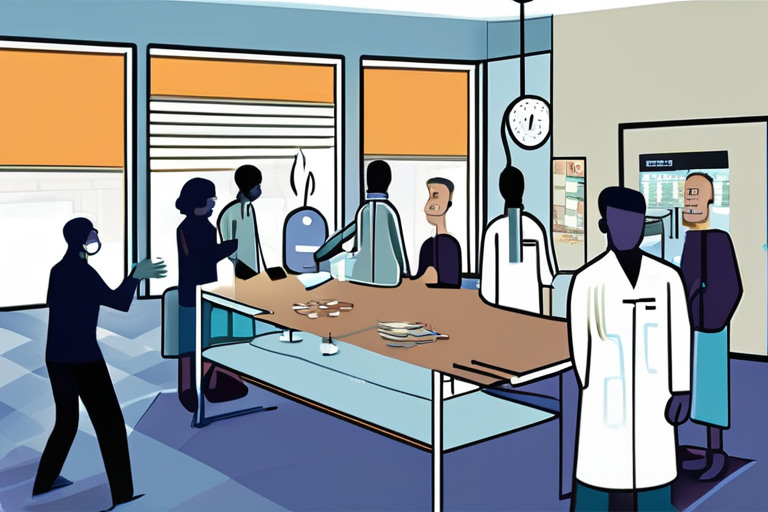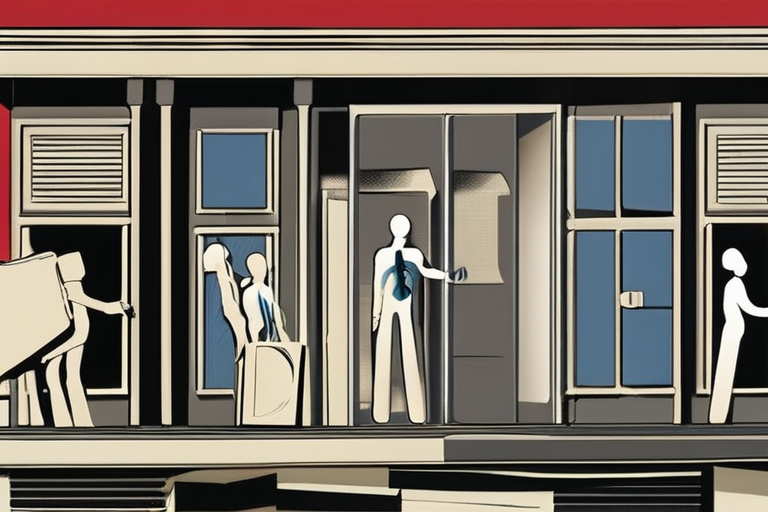Experts Unite: Innovative Lab Meeting Revolutionizes Patient Care

Multi-Source Journalism
This article synthesizes reporting from multiple credible news sources to provide comprehensive, balanced coverage.

Multi-Source Journalism
This article synthesizes reporting from multiple credible news sources to provide comprehensive, balanced coverage.
Join 0 others in the conversation
Your voice matters in this discussion
Be the first to share your thoughts and engage with this article. Your perspective matters!
Discover articles from our community

 Hoppi
Hoppi

 Hoppi
Hoppi

 Hoppi
Hoppi

 Hoppi
Hoppi

 Hoppi
Hoppi

 Hoppi
Hoppi

The Dark Side of Protein Powders: A Study Reveals Lead Contamination, But Don't Panic Just Yet As a fitness enthusiast …

Hoppi

Colombian Coastal Communities Join Scientists to Protect Endangered Hammerheads BOGOTA, Colombia - In a groundbreaking effort to safeguard the world's …

Hoppi

The Dark Crystal Returns to Theaters: Brian Henson Discusses Its Lasting Impact In a move that will delight fans of …

Hoppi

Trump Signs $8.5 Billion Rare Earths Deal with Australia In a significant move to reduce reliance on China's rare earth …

Hoppi

WU-TANG CLAN'S RZA, RAEKWON & CAPPADONNA ACCEPT HIP HOP HALL OF FAME AWARD AT BILLBOARD'S RB/HIP-HOP POWER PLAYERS 2025 LOS …

Hoppi

BREAKING NEWS Government Shutdown Looms as Healthcare Crisis Deepens: Tax Credits Hang in the Balance The US government is on …

Hoppi